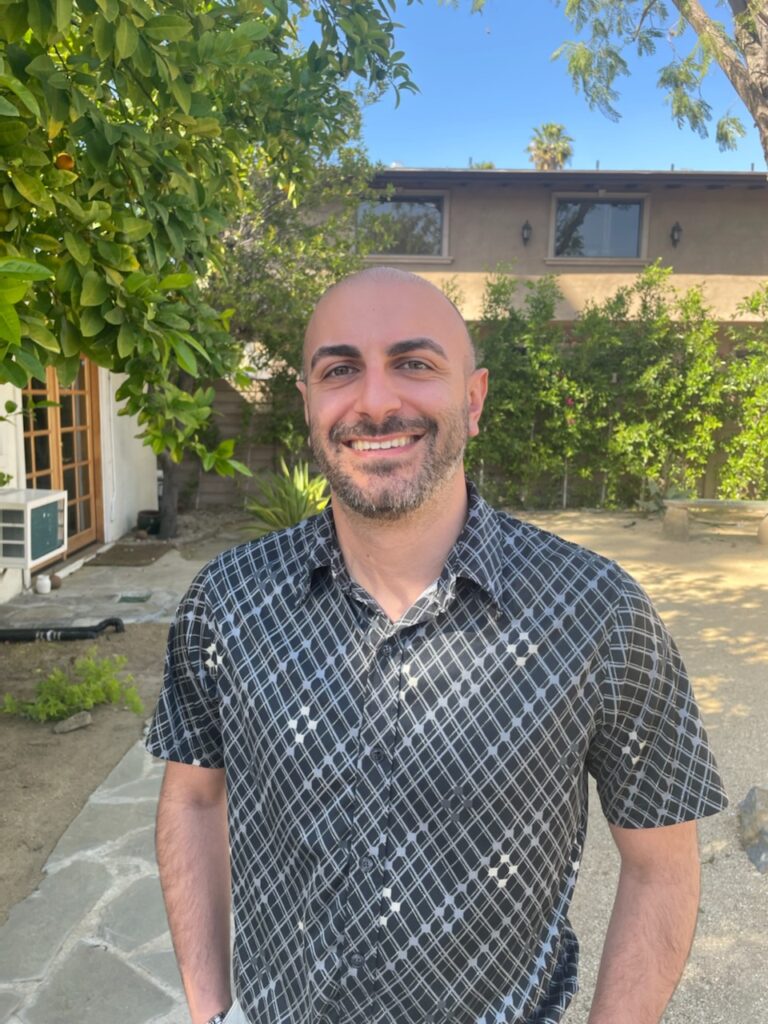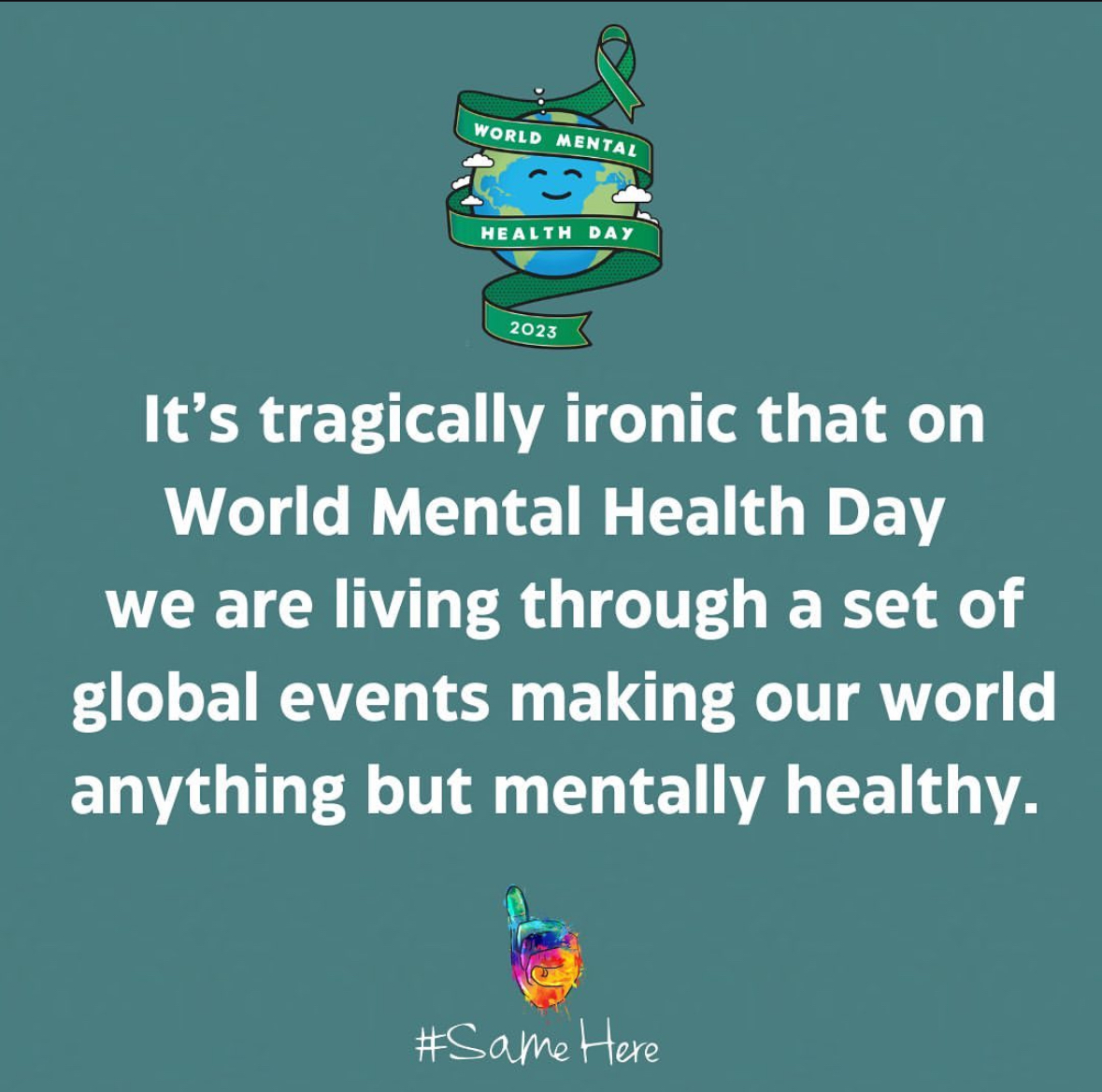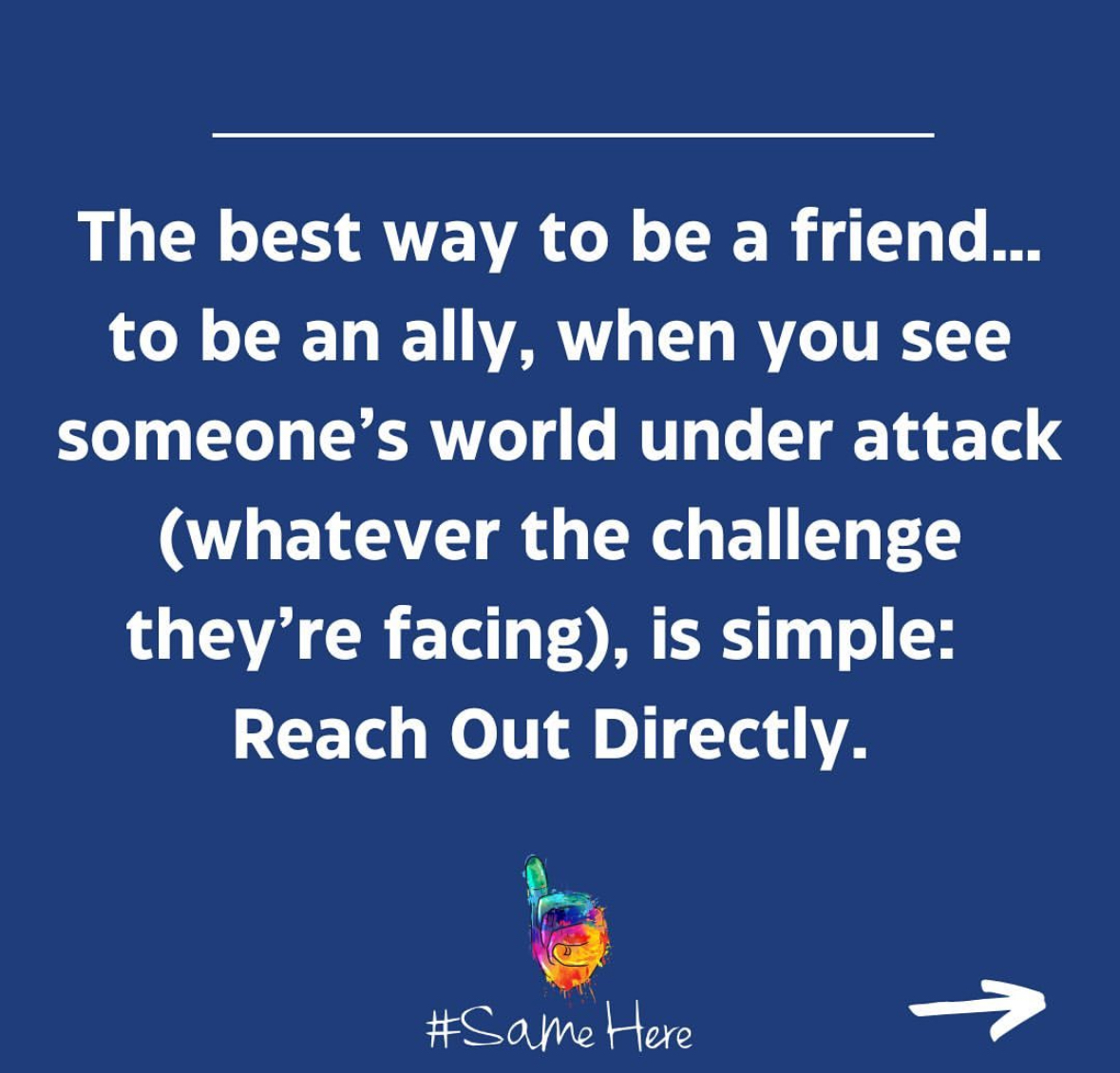There are a variety of methods and practices that I have used and I’m currently learning even more ways to help individuals regain their innate capacity to heal. I think a general approach I take with patients is one without judgment, that patients can be my teacher, and that they have their own sense of what is preventing their capacity to heal. Creating a space for this process of healing to occur within their value system is a vital and fundamental aspect of my practice.
A lot of my focus outside of conventional treatment involves frequent use of psychotherapy, mainly mentalization based therapy, incorporation of broad-spectrum micronutrients and various supplements with sufficient evidence of their use, optimizing various aspects of one’s lifestyle, and accelerated resolution therapy to help decrease the current emotional intensity of past traumatic events.
I do think a team-based approach is often necessary and I do not hesitate to connect individuals with other practitioners to fully enhance and empower one’s life. Our field is rapidly evolving/growing in its knowledge base and evidence of treatments, thus remaining humble and frequently exposing myself to new literature and training is essential to my approach.




